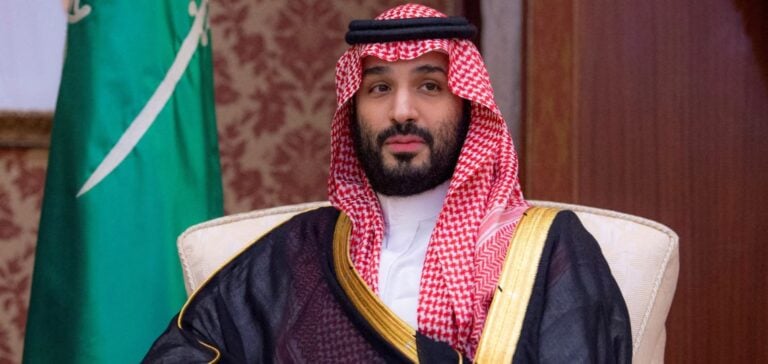Saudi Arabia’s Ministry of Finance recently announced a budget deficit of $26.8 billion for 2025, representing 2.3% of the gross domestic product (GDP). This marks a decrease from the anticipated 2024 deficit of $30.6 billion (2.8% of GDP). The reduction is primarily attributed to a cut in public spending, projected at $342 billion in 2025 compared to $358 billion in 2024.
Since the launch of the “Vision 2030” program, the kingdom has sought to diversify its economy and reduce its reliance on oil. This flagship initiative, spearheaded by Crown Prince Mohammed bin Salman, encompasses large-scale projects such as the futuristic Neom city in the desert and ambitious tourism ventures along the Red Sea. However, adjustments in timelines and priorities for certain projects have been announced to preserve the country’s economic stability.
Economic Fluctuations and Budgetary Challenges
Saudi Arabia continues to face challenges linked to volatile oil prices. Since October 2022, the country has voluntarily cut its production to approximately 9 million barrels per day (bpd), well below its maximum capacity of 12 million bpd. This strategy has impacted revenues of the oil giant Aramco, which reported a 15% drop in net profits in Q3 2024 compared to the same period last year.
Finance Minister Mohammed al-Jadaan has defended these deficits as necessary for supporting economic reforms, emphasizing that deficits of up to 3% of GDP remain acceptable if funds are effectively allocated.
Non-Oil Investments and Growth
Non-oil activities are expected to grow by 3.7% in 2024, contributing to an overall GDP growth of 0.8%, according to the Ministry of Finance. These figures reflect a successful transition toward a less oil-dependent economy, with increased support for sectors like tourism, sports, and technology.
As part of this strategy, an increase in military spending was announced during a recent conference by the finance minister to ensure a stable environment for ongoing reforms. This measure also addresses rising geopolitical tensions, enhancing the kingdom’s deterrent capabilities.
Vision 2030: A Long-Term Project
Despite skepticism from some analysts, Mohammed al-Jadaan reaffirmed that “Vision 2030” is progressing as planned. He emphasized that Neom, designed as a 50-year project, requires adjustments to priorities to align government ambitions with private sector capacities. Several initiatives have already shown positive results with efficient financial management.
Through these reforms and strategic approaches, Saudi Arabia aims to strengthen its economic resilience while reducing its historical dependence on the oil sector.





















